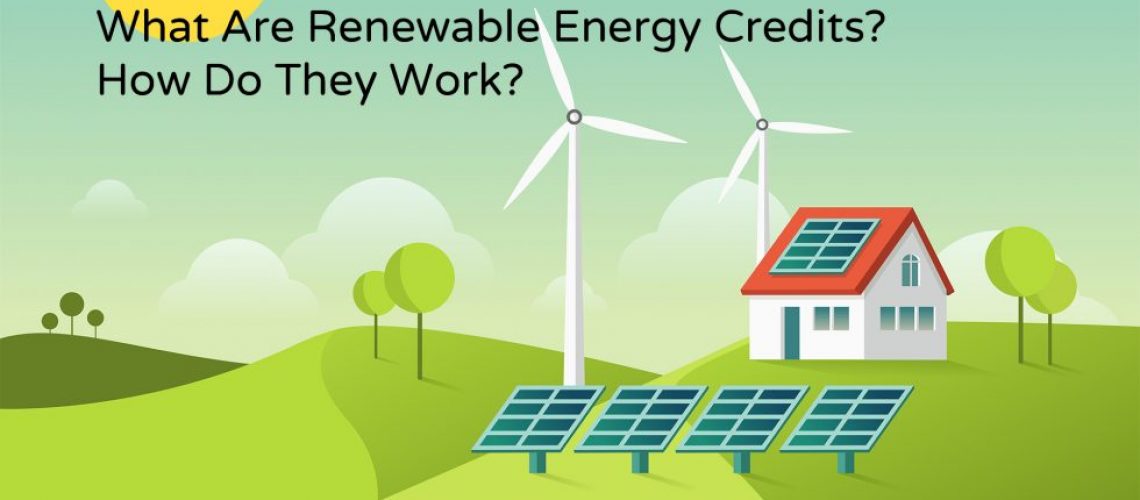Of the many incentives given by the government for switching to solar energy, one of the least understood is the Solar Renewable Energy Certificate (SREC). What is the SREC about? How does it benefit you? Let’s find out.
What are SREC’s?
SREC is simply a form of energy credit. Each unit of SREC certifies that the owner has produced one megawatt hour (MWh) of electricity from solar energy. Since MWh is a pretty large amount, you are unlikely to churn out more than a handful in a year with your domestic solar panel setup.
The Renewable Portfolio Standard
These Solar Renewable Energy Certificates have been created as a part of the Renewable Portfolio Standard (RPS), which mandates power utilities to produce a specific percentage of their electricity from renewable sources. This RPS includes more than 30 states, with 8 other states setting renewable portfolio goals.
The aim is to incentivize electricity providers to buy renewable power from homeowners or developers with large solar fields, which in turn encourages more people to invest in solar power production.
The SREC, thus, is issued in such states as proof of having produced electricity from renewable solar energy. While of no use to a homeowner directly, these credits can indirectly be of great benefit to them.
How Can You Benefit from SREC’s?
All this discussion about Solar Renewable Energy Certificates is well and good, but what exactly do these do for you?
Solar Carve-Out
Basically, power corporations have to show to the government that a specified fraction of their energy production comes from renewable sources. There is often a minimum threshold, called a solar carve-out. Failing to meet this quota results in penalties for the producers.
By purchasing SRECs from you, the power supplier earns the right to ‘count’ the production as its own, fulfilling their obligations.
Double Income
Note that this sale of SRECs is separate from the purchase of the electricity itself.
This means that if you have solar panels at your home and produce a significant amount of power from the renewable source annually, you can earn twice; once from the sale of the electricity you produce, and the second time by selling the accumulated SRECs.
If you do it right, you can recover the investment cost of installing the solar panels in a few years.
How Much Can You Earn From an SREC?
Like any tradable commodity, the price of SREC depends entirely on supply and demand. In states with high solar carve-outs and very few solar power producers, it is not unusual to see prices in the range of $200-$300.
On the other hand, some states already possess an active solar energy scene, with the excess supply driving down prices below $100.
Another factor deciding the prices of SRECs is the Alternative Compliance Payment (ACP). A high ACP means that the provider would be willing to pay even more to save on the fine, while a low ACP reduces the demand for SRECs.
How Can You Start Producing SRECs?
The first thing to determine is whether your state even follows the Renewable Portfolio Standard (RPS). If the answer is yes, you need to certify and register your home solar system, sometimes even before installing it.
The exact steps and requirements are going to vary from state to state, so you should do your research thoroughly. Chances are, your solar installation company can guide you. Otherwise, you can check out the DSIRE homepage which includes information on every eligible state.
Once you have everything registered and set up, all you need is a contract with an aggregrator like SRECTrade and you can start selling your SRECs.
So what are you waiting for? Start saving the earth (and your money) with solar energy and SRECs!


